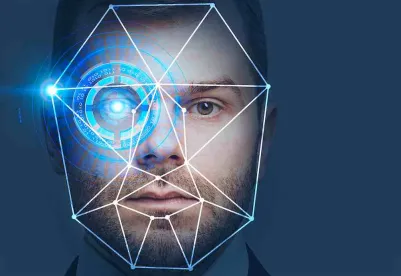The use of smart dashcams and vehicle cameras, including those leveraging AI technology, may trigger the next wave of BIPA litigation, according to two cases filed in Illinois this week.
Enacted in 2008, the Illinois Biometric Information Privacy Act, 740 ILCS 14 et seq. (the “BIPA”), went largely unnoticed until a few years ago when a handful of cases sparked a flood of putative class action litigation over the collection, use, storage, and disclosure of biometric information. Many of these cases were filed by plaintiffs who alleged BIPA violations when time management devices called for them to swipe their finger to clock in or out of work. Use of those devices, many plaintiffs claim, resulted in the collection of their fingerprints without the corresponding notice, consent, and other measures required under the BIPA. The focus may be shifting to a new technology: AI-powered dashcams.
Organizations whose employees drive regularly to perform job functions raise several issues – safety, productivity, loss prevention, expense reimbursement, among others. For these reasons, some organizations deploy telematics and related technologies to better manage their fleets. A tool in this process is the vehicle camera, such as dashcams, that are capable of monitoring (and recording) video and/or audio of the driver, passengers, and in some cases persons outside the vehicle. These devices also can track location and how a vehicle is being driven – hard acceleration, sharp turns, lane changing, etc. But, it is the use of AI and machine learning technologies that is raising questions about whether biometric identifiers and/or information are being collected.
According to at least one of these recently filed complaints, the vehicle camera does not just take a traditional video recording of the driver. It uses AI and machine learning technologies to detect driver behavior. More specifically, product descriptions claim the intelligent cameras can identify if drivers are inattentive, distracted, or tired through facial mapping technology which scans the geometry of the face and analyzes the resulting data.
Under BIPA, a “biometric identifier” generally means “a retina or iris scan, fingerprint, voiceprint, or scan of hand or face geometry” and “biometric information,” means “any information, regardless of how it is captured, converted, stored, or shared, based on an individual’s biometric identifier used to identify an individual.
It is unclear at this point whether these complaints have any merit, however, organizations that are using AI-powered vehicle cameras should be reviewing that technology carefully with their vendors to understand the nature and extent of the data being collected.






 />i
/>i
